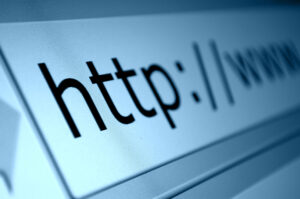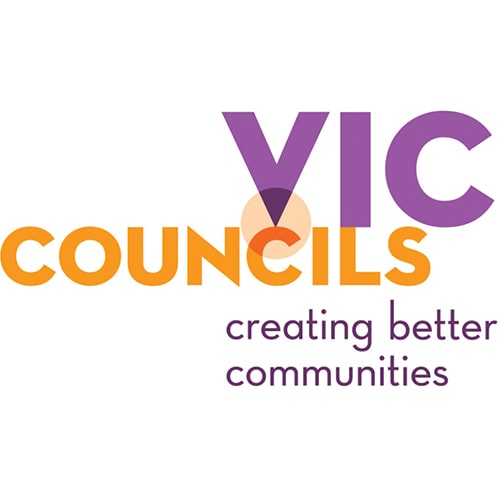If your personal information falls into the wrong hands, it can be used to steal your identity. Here’s how to protect your personal information from scammers.
There are some simple steps you can take to protect your personal information and make it harder for scammers to steal your identity.
Create unique and complex passwords
- Create complex passwords or passphrases on all your accounts by including a mix of numbers, lowercase and uppercase letters and symbols such as “&, %, #, or $”.
- Use passwords that would be difficult for others to guess. Avoid using your birthdate, postcode, initials or obvious words such as the name of your child or pet.
- Make sure you have unique passwords for important accounts such as online banking, email, PayPal, myGov, social media and eBay, that you don’t use on any other accounts.
- Turn on 2-step authentication wherever it’s offered to protect all your on your online accounts.
- Don’t share your passwords and usernames with others.
Keep personal information private
Many businesses need your personal information for legitimate reasons. However, when sharing any personal details online, be wary about what information they’re asking you to provide and whether it’s mandatory (* asterisked), optional or even essential.
- Be extra careful about the amount of personal information you reveal online. Your information from different online platforms could be pieced together and used to access your accounts or create others in your name.
- Never give your personal, bank or credit information to a cold caller or an automated robocall. And never provide your details via a link received in text or email. Most companies will ask you to log in to your account via their official website or secure app, rather than ask you to click on a link, or “Press 1” on a robocall, and they won’t ask you for your log-in or password details.
- Don’t share your personal information on social media, either via posts or in your profile. Make your accounts and posts private, limit the amount of “about” information you provide and turn off the birthday function.
- Don’t be pressured into giving away your personal information without first checking if the request is genuine. If you receive a request via email, text or phone, take some time to contact the company directly, using their official app, or a phone number or web address you’ve sourced yourself.
Take precautions with your devices
- Keep software, apps and operating systems up-to-date on your devices, or allow them to update automatically, so any security improvements are installed as soon as they become available.
- Back up your devices regularly.
- Avoid using public computers or free wi-fi hotspots in public places – especially to access your online banking or myGov accounts or to provide your credit card details. Use your own data or connect to secure wi-fi networks.
Protect your mail and key documents
- Keep your incoming mail safe by having a letterbox that can be securely locked with a key and hold your mail without any sticking out. The mail slot should be narrow enough to keep hands out.
- Check your mailbox regularly and try to empty it at least once a day.
- Switch to paperless bills and statements, where possible.
- If you’re going away for an extended period, arrange for Australia Post to hold your mail or have it redirected to someone you trust.
- Shred all documents containing personal information, such as bills, receipts and financial statements, before putting them in your recycle bin.
- If your passport, driver’s licence or identity card has been lost or stolen, contact the organisation that issued it straight away.
- If you need to keep any documents or personal papers that have identifying information, store them in a lockable cabinet, safe, password-protected hard drive or secure cloud storage.
Be careful with your cards
- Have new or replacement bank cards sent to your nearest branch to collect.
- Report any lost or stolen debit or credit cards immediately. Some banks allow you to lock your card temporarily via online banking or their official app.
- If your replacement cards don’t arrive when they’re due, contact your bank or credit provider immediately.
- If you move house, let your bank and credit card company know straight away and use Australia Post’s mail redirection service.
- Avoid saving your credit card information in online accounts.







